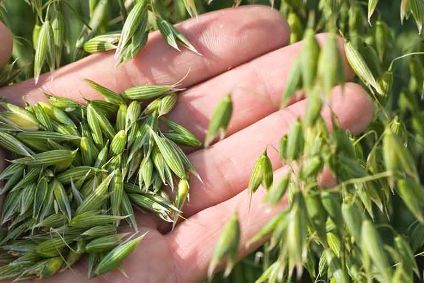
Global food giant Nestlé has linked up with the Swiss Federal Institute of Technology in Zurich (ETH Zurich) on a research project intended to help reduce the carbon footprint of agricultural raw materials.
Switzerland-based Nestlé said in a statement that the plan is to explore solutions to mitigate the effects of climate change, while increasing nutritional quality and yield in dairy and crop farming.

Discover B2B Marketing That Performs
Combine business intelligence and editorial excellence to reach engaged professionals across 36 leading media platforms.
It is investing CHF2.8m (US$3.1m) in the research programme, which is being coordinated by the World Food System Center at ETH Zurich.
The agricultural crop research will focus on the nutritional value of crops including fibres, proteins and micro-nutrients. Special attention will be given to identify crops which are most suitable as ingredients for nutritious plant-based alternatives to meat, seafood and dairy products. The dairy farming research will focus on the reduction of greenhouse gas emissions in dairy farming.
Stefan Palzer, Nestlé's chief technology officer, said: "We're delighted to extend our long-standing collaboration with ETH Zurich - one of the world's leading academic institutions to the agricultural sciences - to reduce the carbon footprint of agricultural raw materials. The development of more climate-friendly ingredients and products is a key focus area for Nestlé to help reduce our global carbon footprint."

US Tariffs are shifting - will you react or anticipate?
Don’t let policy changes catch you off guard. Stay proactive with real-time data and expert analysis.
By GlobalDataETH Zurich President, Joël Mesot, added: "We are looking forward to continuing a long tradition of collaborations with Nestlé as a trusted partner. Only by working together across disciplines and sectors will we be able to provide sustainable and secure food in the long term."
The new research programme complements a number of existing Nestlé collaborations with the two Swiss Federal Institutes in Zurich (ETH Zurich) and Lausanne (EPFL), on topics such as food engineering, nutrition, and more recently, sustainable packaging.





